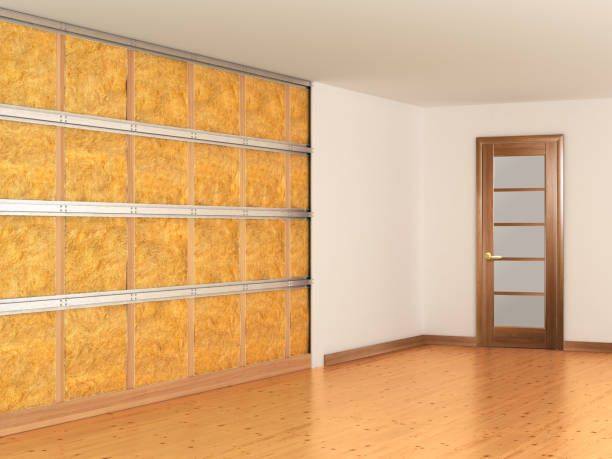Basement Waterproofing Specialist
What type of insulation is best for soundproofing?
With the term noise in a dwelling comes a value judgment: it is a noise nuisance. It then depends on one’s sensitivity to the sound waves perceived in the home. But how can this nuisance be stopped?
Some terms about sound
Sound is produced by an acoustic wave. It is determined by its frequency (from low to high, expressed in hertz), and by its intensity (measured in decibels). The threshold of hearing is set at 0 dB. This is the weakest sound that the human ear can distinguish.
Another component must be considered: emergence. This is the amount of noise that exceeds the ambient sound level. In fact, depending on the intensity of the background noise, the periodic sounds are perceived in one case and not in another.
We can differentiate the noises according to their propagation. First of all, sounds can propagate through the air. As the name suggests, waves are transmitted by the movement in the air. For example, this is the car traffic you hear from your house or music coming from another room in the house. The other type of propagation is the fixed path, which means the sounds are transmitted through floors, walls, or building elements. These are sounds from impacts or vibrations such as footsteps.
To evaluate the materials in between, we sometimes use the term attenuation index. It is the ability of a wall or insulation to reduce the perceived sound level. It is expressed in dB, the greater it is, the greater its ability to attenuate sound.
What are the best soundproofing materials?
Cellulose wadding: probably the best choice for soundproofing. For the same thickness and density, this insulation performs better than glass wool. Small drawback: if blown or thrown too tightly, it can quickly lose its acoustic effectiveness. If you consult a professional, you can not miss this promising insulation material.
Cork: It is often used in treating acoustic problems, but if your noise problems are limited to airborne sound, other insulation materials are just as effective. On the other hand, it proves to be very effective in combating impact noise.
Wood fiber: there are many different products that allow you to find the one that is suitable for your acoustic problem. It is among the good quality sound absorbers.
Straw: its use in the construction of a straw house guarantees a very good acoustic comfort. For the same thickness, it is not necessarily more effective than other insulating materials.
Sheep’s wool: this insulation is as effective as conventional products.
Glass wool / rock wool: Mineral wool has been an acoustically effective insulation material for many years.
Polystyrene: Rigid insulation boards made by petrochemicals are acoustically very inefficient or even not recommended.
Thin insulation materials: not recommended for treating your noise problems
Please read our next article on “House painting tools and equipment“

